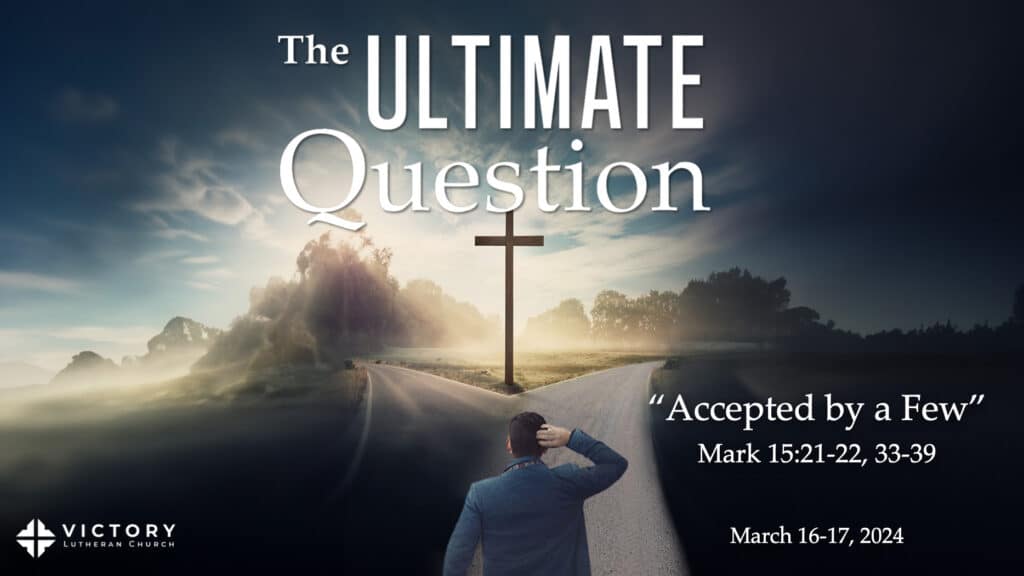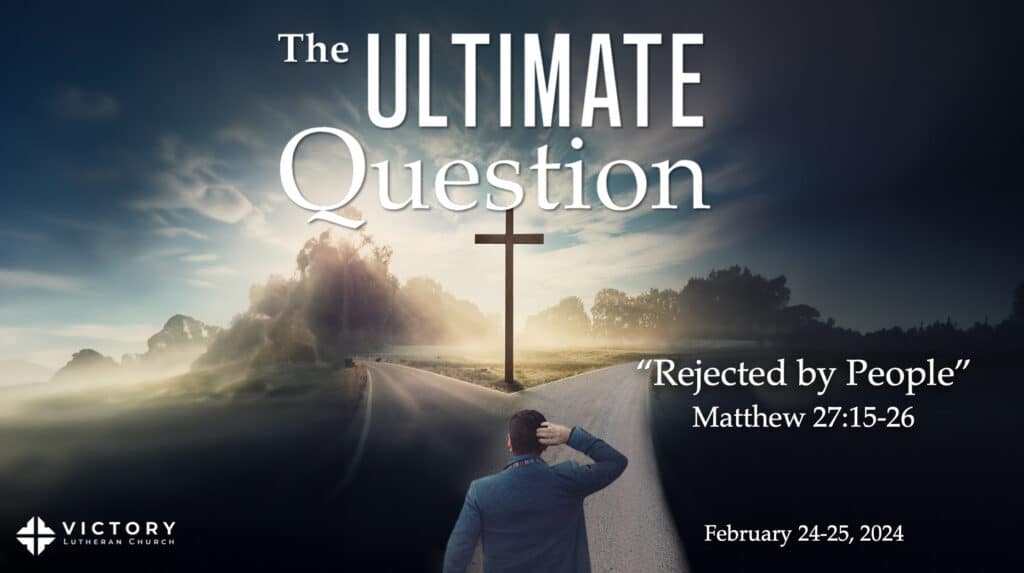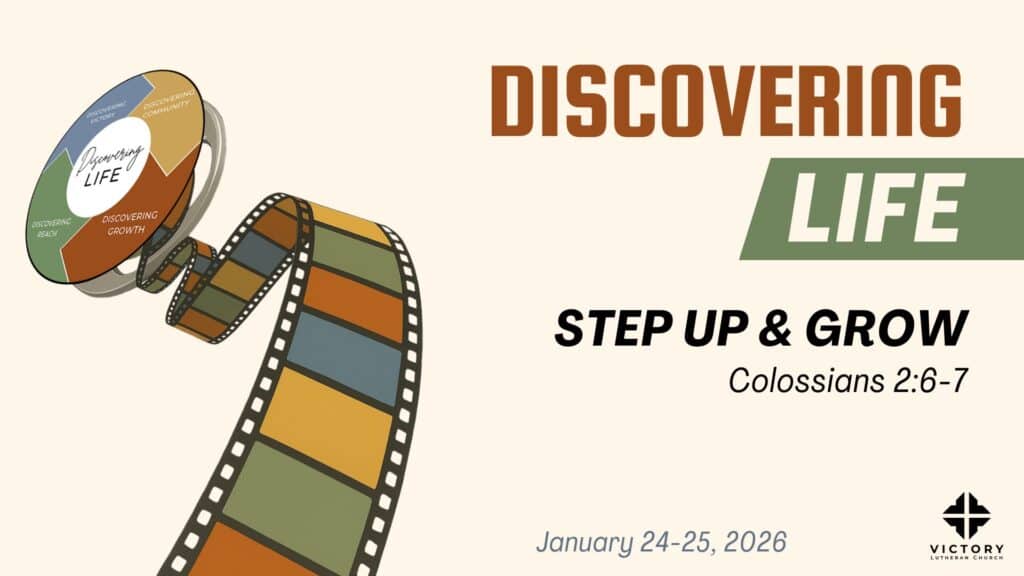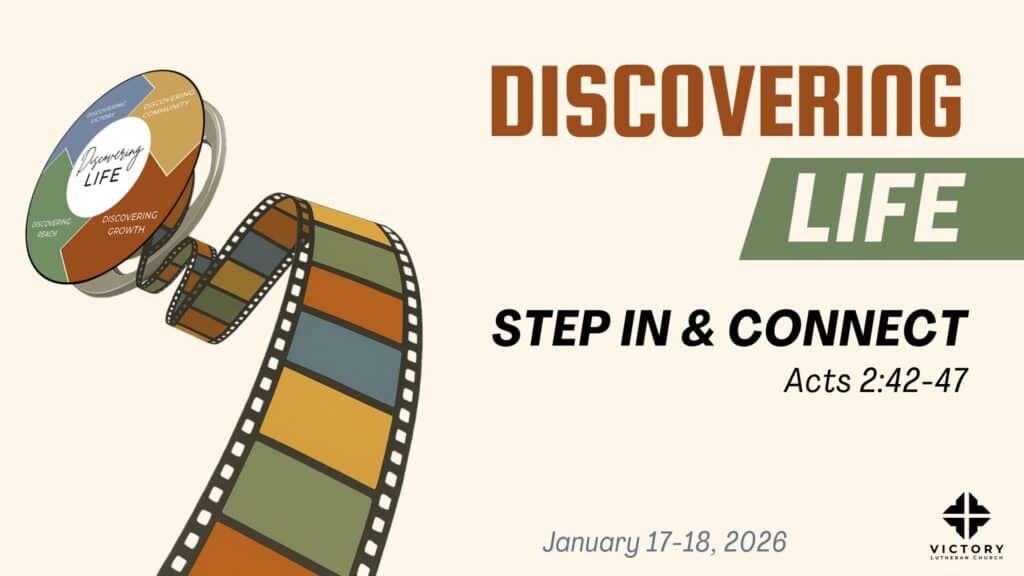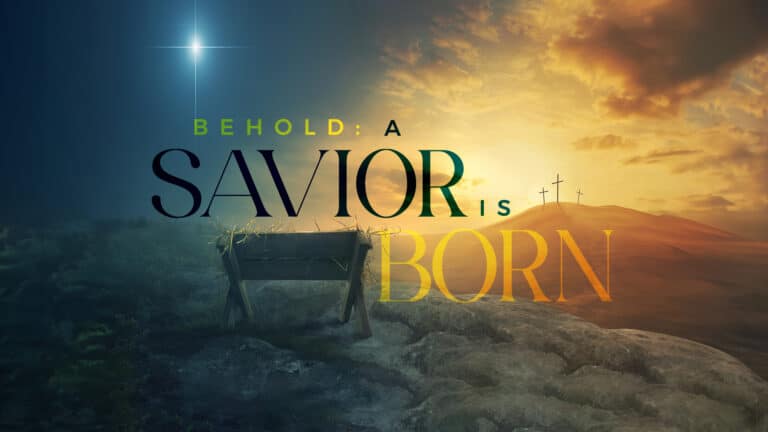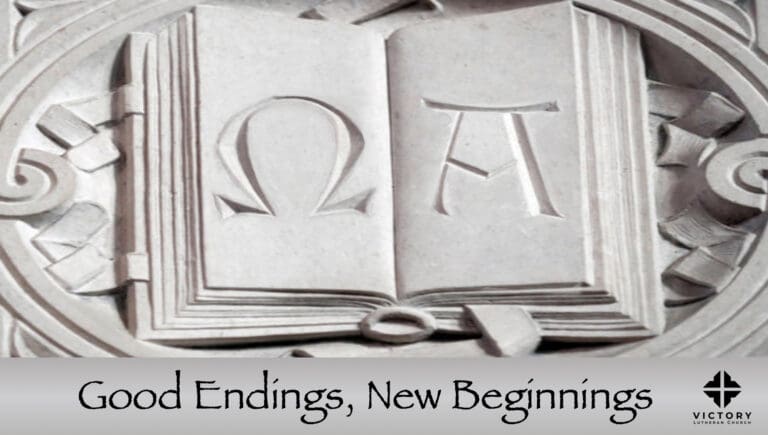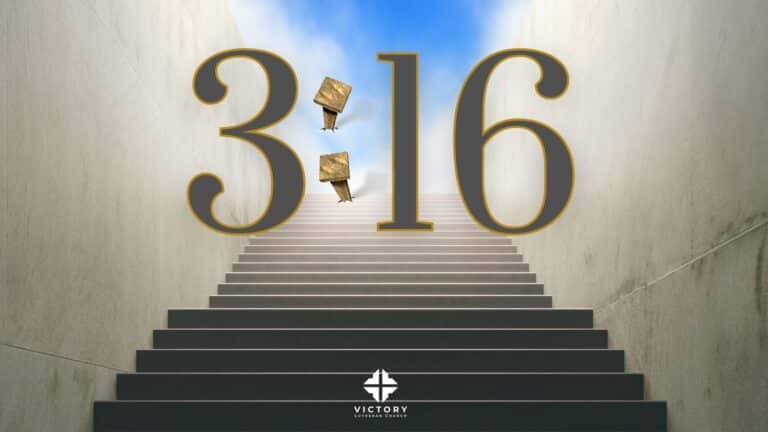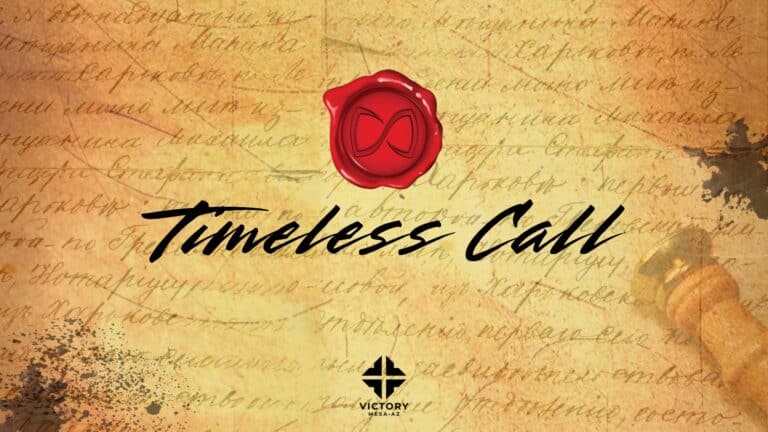During Lent, we are exploring what we’re calling the ultimate question, which is this. What will you do with Jesus? We’re looking at the responses of people, especially at the cross of Christ. Today we’re looking at Jesus being tortured by the Romans. I’ve always been captivated by the way the last few hours of Jesus life are portrayed. I remember way back in my young childhood days looking at my children’s Bible and in there seeing a painting of Jesus on the cross. And it’s a children’s book, so it was rated G, understandably so. There really wasn’t any blood. Jesus didn’t even really look like he was in pain. In fact, he didn’t even seem annoyed by this situation. I mean, he had this heavenly glow that, you know, was painted around his head as he was gazing up into heaven.
But Christ on the cross is anything but rated G. There have been a number of paintings and movies that have been made that seek to portray the suffering and death that Jesus endured on the cross. Perhaps the most well known in recent memory. Is Mel Gibson’s The Passion of the Christ? Did you see that in the theatres? You probably remember that wasn’t rated G. Not even PG or PG 13. That was rated R. And it was widely criticized for its graphic violence. And if you’re like me, when you watched him suffer, you looked away and you asked yourself, why does it have to be so bloody? Why did they have to beat Jesus so violently? Well, because it was bloody. And that’s the way they did it. In some ways, if anything, Gibson’s portrayal, if seeking to be realistic, didn’t take the violence far enough. And now while we might want to look away or hit the fast forward button, the Gospels devote nearly one third of their length to the final week of Jesus.
The suffering of Christ is sig is given significantly more attention than his birth. Only two Gospels record the historical account of Jesus birth. All four Gospels bear witness to the suffering, death, and resurrection of Jesus Christ. The Bible, it’s kind of quite different from what might be our typical approach to the life of Christ. I mean, we love Christmas. What’s not to like about a newborn baby? Such a sweet story. Jesus, God, taking on flesh. And Easter. Ah, Easter is big. It’s the highlight of the church year for me. Someone coming back to life. We all love a good comeback story with a happy ending. But when it comes to the immense suffering of Jesus, I mean, can’t we just tone that down a bit, or remove a few scenes, or at least just try to keep the story of the suffering of Christ rated PG? Well, it’s not the way the Bible presents it. So if you have your Bibles or your electric devices, I invite you to turn. We’re going to look at an Isaiah prophecy about Jesus, Isaiah 53, quintessential Lenten text. I’m going to read the first 11 verses. Who has believed our message, and to whom has the arm of the Lord been revealed?
He grew up before Him like a tender shoot, like a root out of dry ground. He had no beauty or majesty to attract us to Him, nothing in His appearance that we should desire Him. He was despised and rejected by mankind, a man of suffering and familiar with pain. Like one from whom people hide their faces, he was despised, and we held him in low esteem. Surely, he took up our pain and bore our suffering, yet we considered him punished by God, stricken by him, and afflicted. But he was pierced for our transgressions, he was crushed for our iniquities. The punishment that brought us peace was on him, and by his wounds we are healed. We all like sheep have gone astray, each of us has turned to our own way, and the Lord has laid on him the iniquity of us all. He was oppressed and afflicted, yet he did not open his mouth. He was led like a lamb to the slaughter, and as a sheep before its shearer is a silent, so he did not open his mouth. By oppression and judgment, he was taken away. Yet who of his generation protested? For he was cut off from the land of the living.
For the transgression of my people, he was punished. He was assigned a grave with the wicked and with the rich in his death. Though he had done no violence, nor was any deceit in his mouth. Yet it was the Lord’s will to crush him and cause him to suffer. And though the Lord makes his life an offering for sin, he will see his offspring and prolong his days, and the will of the Lord will prosper in his hand. After he has suffered, he will see the light of life and be satisfied. By his knowledge, my righteous servant will justify many. and he will bear their iniquities. Even in the Old Testament, the gospel of our Lord. Let me lead us in a brief word of prayer. Lord God as we delve into your word now and Lord Jesus consider your suffering. Why? Answer that question in our hearts and help us to not just see it about them but about ourselves and to see your great mercy for us coming out of your love. May it grab our hearts and transform our lives. I ask in Jesus name. Amen. Dear friends, grace to you and peace from God our Father and our Lord and Savior Jesus Christ. Amen. The suffering of Christ, especially the scourging, you know, oftentimes people think And they mistakenly think that Jesus received 39 lashes, 40 minus 1, which is a considerable amount, but that’s what the Jewish law was. No more than 39. Roman scourging, on the other hand, had no cap on it. That’s not what they were paying attention to.
Not the number of lashes, rather they wanted to bring the person being scourged to the very brink of death. A number of years I’ve been researching what kind of scourge was it? This is the closest I’ve found to a first century Roman flagrum, it’s called, flagellum. Anywhere from three to twelve bands, uh, at the end of which would be metal balls, so that when it hit the victim’s back, it would kind of bruise it. And then there are these sharp points on the end to start tearing the skin. Pieces of bone in there to start digging into it. And again, the Roman scourging was not to be done quickly. It was to exact as much pain and bitter suffering as you could without killing the person. And so they kind of want to bring it across the victim’s back by kind of gently raking it so to kind of start to bruise the skin. And then he’s on his back and eventually the bruises would start to open up and his skin would break and then they keep flailing on him and eventually they’re, the skin, the skin would break and you start seeing veins. Didn’t stop them. They keep going as long as there was life and eventually there would be signs where, I mean it’s amazing.
You could actually eventually see organs and even the spine. In the victim, and you know, historians tell us that six out of 10 victims of the Roman surging died. They didn’t stop just before death, they actually died. Eusebius third century historian describes a flogging by Romans saying The sufferers veins were laid bare, and the very muscles and bowels or the intestines of the victim were open to exposure. Such suffering that Jesus went through. And the question I want to look at today is why? Why the suffering? That question is nearly always asked when we see unjustified suffering or unexplained pain. And we need to find a reason. Surely there’s got to be a reason. Something that makes sense out of the images or the experience of pain that are so disturbing. But what makes this even more difficult to understand is that none of this was forced upon Jesus Christ. No one was doing this against His will. At any second He could have stopped it, but He didn’t. Here’s how the prophet Isaiah writes about this a couple chapters earlier, chapter 50, and you can actually Hear the words of Jesus as you look back now on this prophecy.
Verse 6, I offered my back to those who beat me. No one forced him to. He offered, I offered my back to those who beat me. My cheeks to those who pulled out my beard. I did not hide my face from mocking and spitting. And even more than the Son being willing, Isaiah notes that God the Father was also willing.
to have his son suffer. In our text verse 11, yet it was the Lord’s will to crush him and to cause him to suffer. Why did Jesus have to suffer? Why, why couldn’t Jesus just have died for our sins? Why all the suffering? I want to answer that in at least three ways this morning. Why the suffering? Well, the first was to fulfill justice. To fulfill justice. The Bible says in Hebrews chapter 9, in fact, the law requires that nearly everything be cleansed with blood, and without the shedding of blood, there is no forgiveness. So payment by blood, for forgiveness, is established in the scriptures. Jesus not only died for sin, but his blood was poured out for sin. And we remember this every time we partake of communion, quoting the words that Jesus himself said the night before he was crucified, where he says, this is my blood of the new covenant poured out for many for the forgiveness of sins.
You see, what the suffering of Jesus brings is payment For the suffering that our sin creates, the full payment for the suffering that our sin causes has been paid for. It was taken out on the flesh of the Son of God. Jesus. Cute little baby took on a human flesh that later in his last hours on life of life before his resurrection would cause him. An unimaginable suffering with each blow of the Roman whip payment was being made for the pain caused by sin, including your sin and mine. You see, the suffering and death of Jesus makes full payment for sin. In other words, there’s no sin that is not paid for by Christ, by God on the cross. Ever thought, how can it be that one person’s death can pay for all of, sin of all of humanity? Well, it was no ordinary person on the cross. Yes, Jesus was fully human, so he could pay a full substitutionary death, suffering and death. But it was also God, 100 percent God. And so Jesus is God on the cross, suffering. dying for sin, which makes God just when he forgives. You see, God doesn’t forgive sin like some benign old grandfather kind of just doting on people and winking at sin saying, it’s not a big deal, don’t make a big thing out of it, I’ll just kind of sweep it under the rug and call it good.
No. Your sin and mine cries out for payment. Just as Abel’s blood cried out to God after Cain murdered him. God doesn’t forgive sin by minimizing it. Far from that. God is actually just. He has every right to forgive our sin because He takes it seriously and because He took the judgment out for your sin and mine on His very own Son. We are reminded. That God is just in forgiving our sins. Almost every time we gather for worship here at Victory. 1 John 1 9 says, If we confess our sins, He, that’s God, is faithful and He’s just. And will forgive us our sins and purify us from all unrighteousness. God has every right to forgive you and me when we look to Christ in faith.
Because God took out the punishment for your sin and mine upon his son, Jesus Christ, and his suffering and death. Why all the suffering? First, to meet justice. Second, is to pay all sin for you. In Isaiah 53, we read, but he was pierced for our transgressions. He was crushed for our transgressions. For our iniquities, the punishment that brought us peace was on him, and by his wounds we are healed. We have a favorite saying around here at Victory. It’s two words. The words, For you. This is Christ’s body given for you. This is Christ’s blood poured out for you. Yes, for God so loved the world that He gave His one and only Son, but also God so loved you that He gave His one and only Son. God is very personal in not only knowing the sin of every person, but in providing His own Son’s suffering and death as payment for you.
We see this in Christ’s verbal exchange and promise with one of the thieves. Crucified next to him. When one thief asked Jesus to remember him when he entered his kingdom, Jesus answered him, Today, truly I tell you, today you will be with me in paradise. Salvation by grace, through faith in Christ Jesus, is very personal. Christ suffered and died for you. So when you are forgiven by God, you are forgiven completely because Jesus paid the price for all your sin. Jesus paid it all. Why is suffering? To meet justice. To pay all sin for you. And third, to pay all sin for them. To pay all sin for them. Here’s what I want to drive at. You see, God paid not only for your sin, but for the sin and the sins of all and any who sin against you. That sin, that stings, that hurts, that you can’t forgive, that’s been paid for by Christ in His suffering, bleeding, and dying. And friends, we are called by God to live in a posture of regular repentance, I would say daily repentance and forgiveness with God. as well as with one another. The Bible says in Ephesians chapter four, be kind and compassionate to one another, forgiving each other, just as in Christ, God forgave you. Why does God forgive you? Because you deserve it? No. Why does God forgive others? Because they deserve it? No. But rather, Jesus Christ took the penalty in the suffering and death for that sin so that they need not be punished. And so now, just as God has forgiven you in Christ, you are then called to forgive those who sin against you in that same way.
But I gotta be honest, if you’re at all like me, I mean, my own reservoirs of forgiveness are finite. Do you know what I mean? I mean, there’s only so much I can forgive someone, or am I the only one that feels that way in this room? And even if you are able to come to a point of forgiveness, you will again remember the pain of that trespass that someone has done against you, leaving you to again need to return to the source, the resource of forgiving, which is Christ Jesus. Why does God forgive you? Because Jesus paid for your sin. Why are you called to forgive others? Because God, Jesus, suffered and died for their sin as well. Jesus paid it all. Meaning that every time you feel that sting of sin against you, someone who betrayed you, someone who stole from you, slandered you, hurt you, cheated you, the pain of that sin, Jesus bore in His suffering and in His own flesh. And just as His body was ripped and broken for you, just as His blood was shed for you, remember, Jesus body was broken and blood was shed for them also.
So every time you wonder if God really can forgive, remember that He is just in doing so because Jesus took the punishment in His scourging and death to meet justice. Every time you question whether God has forgiven you, remember the words and the wounds of Jesus as each blow was payment for your sin. And every time you resent someone who sins against you or you hold on to their sin against you, remember the wounds of Jesus who took each blow of that Roman flag room as payment for their sin against you also. And so now I get to invite you to come to the Lord’s table to remember Christ’s broken body and shed blood. Payment meeting justice, payment for your sin, and for the sin of others. Join me in prayer.
We praise you, Jesus, as the one who took our place on that cross. The one who was chained to a pole and received lashes, bringing you to the point of death. And you willingly suffered and bled and died for us. May that reality just seep into us even more deeply today, and by your Spirit then lift our hearts up in gratitude and humility, thanking you and then living a life to show that inward change with an outward act of forgiving others. And we need you to work in us, Holy Spirit, to bring that about. Make us the kind of people that reflect Jesus love and grace that we’ve received. To others in our lives. I ask in his precious name. Amen.



